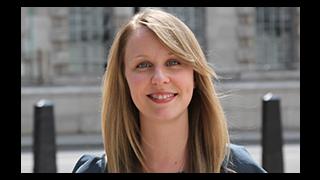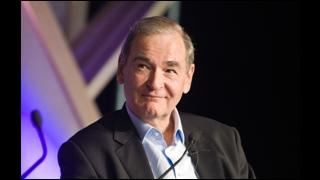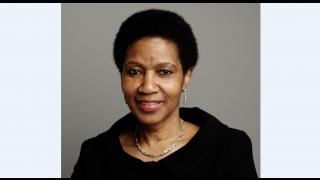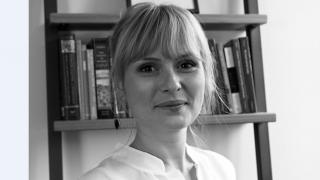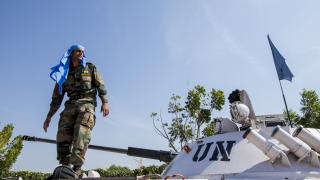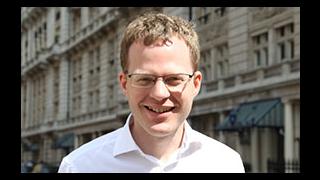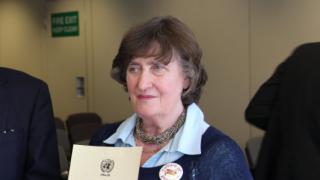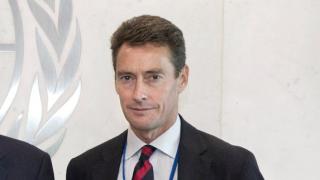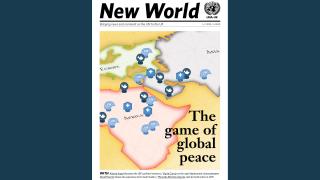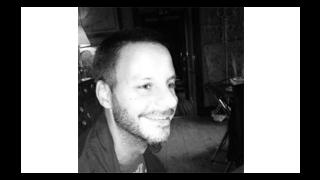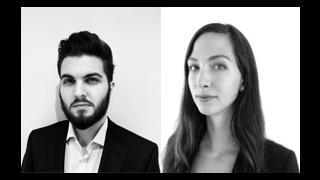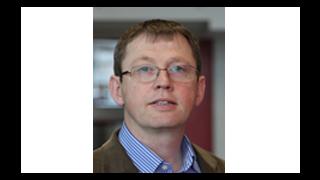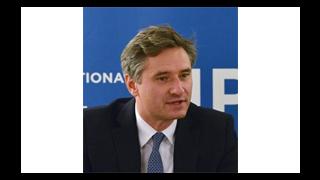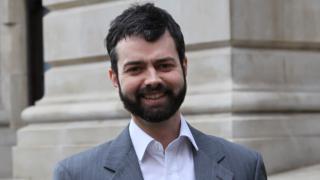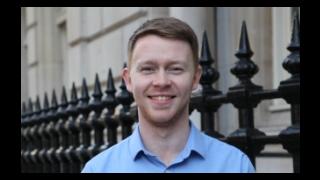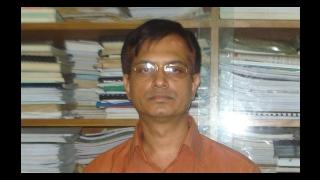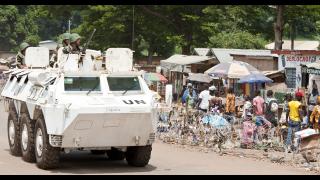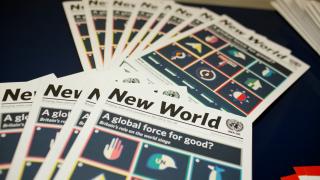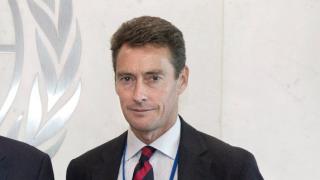
Colonel David Hannah has just returned to the UK after a year as the Special Adviser to the Special Representative of the Secretary-General, who is head of the United Nations Mission in South Sudan (UNMISS)
What is the role of UNMISS?
UNMISS was established with a capacity-building mandate to support the world’s newest nation, which gained independence in July 2011. Following the crisis which broke out in South Sudan in December 2013, the Security Council reinforced the mission and reprioritised its mandate towards the protection of civilians, human rights monitoring, support for the delivery of humanitarian assistance and the implementation of a ceasefire agreement.
Tell us about your work there
Ordinarily, the Special Adviser to a Special Representative of the Secretary-General (SRSG) is responsible for ensuring that the leadership responsibilities and workload faced by the Head of Mission are supported as fully and as effectively as possible. The Special Adviser leads a team of highly experienced and capable Special Assistants, who help to ensure that the SRSG’s direction and guidance to mission HQ, peacekeeping troops, police and staff at all levels are understood, coordinated and implemented as appropriate. The work of an SRSG’s Special Adviser varies depending on the specifics of a mission and the requirements of the leadership.
My arrival as Special Adviser in Juba in mid-December 2013 coincided with the outbreak of widespread violence that heralded the start of the current crisis, that has beset South Sudan ever since. What began as a power struggle between political elites has degenerated into civil war with considerable collateral damage to society, the economy and to the hopes for the country’s urgently required development.
Consequently, much of the first half of 2014 was spent in crisis management mode, trying to monitor and mitigate all aspects of the situation, with the primary focus being on providing protection to the tens of thousands of civilians who sought sanctuary inside various UNMISS bases across the country.
Meeting the increasing range and scale of security and humanitarian challenges that evolved has demanded an extraordinary degree of effective coordination, mutual support and good cooperation between all elements of the UN, from the peacekeeping mission to all the agencies, funds and programmes, plus all the major NGOs.
The warring parties have yet to be persuaded that peace is desperately needed and desired by the millions of ordinary South Sudanese, thousands of whom have died with many more suffering displacement, hunger and disease.
What did you like most about your job?
Despite the frequent long hours, high tempo, daunting challenges and austere conditions, I was lucky enough to be working alongside some wonderfully capable, highly motivated, experienced and dedicated colleagues, not just within UNMISS but in the ever-impressive wider UN family.
It was humbling to witness the work of staff from the World Food Programme (whose enormous relief efforts almost certainly prevented widespread famine), the Office for the Coordination of Humanitarian Affairs, UNICEF and the World Health Organization etc., not forgetting some extraordinarily committed individuals in the NGOs (such as Médecins Sans Frontières, whose timely response to the cholera outbreak did much to prevent it becoming an epidemic). All have done so much to alleviate suffering for the more than 100,000 internally displaced persons in the UNMISS sites and across the country.
From your personal perspective, what are the biggest challenges facing UNMISS?
Among the international community, one has been increasingly conscious of a growing sense of exasperation towards those responsible for the current crisis. Containing the worst effects of the crisis (and indeed the exasperation), is understandably challenging at all levels, including within the UN community in South Sudan.
The collective failure of South Sudanese leadership, vision and blatant lack of a sense of responsibility for the suffering wrought in South Sudan over the past thirteen months, is tragic in all respects. This inevitably presents considerable challenges for everyone.
The biggest challenge remains for the Intergovernmental Authority on Development, the regional grouping which has the lead on the peace negotiations, backed by the AU and the UN, to persuade all key parties and protagonists to make peace and focus energies and resources on the reconciliation and development that the country needs so urgently.
What are your hopes for the future?
I hope that South Sudan can make and keep a meaningful peace, not least so that they can then make the most of their considerable national potential by using their oil for the developmental benefit of all South Sudanese people.
On a more personal level, as I return to service in the British Army, I hope that the UK will continue to support UN missions as fully as possible, as befits one of the Security Council’s five permanent members. Doing so provides plenty of scope for British soldiers to continue to be an invaluable force for good, using their talents, skills and energies to prove that the best use of military force is when positive effect is achieved with the minimum resort to lethal force.

